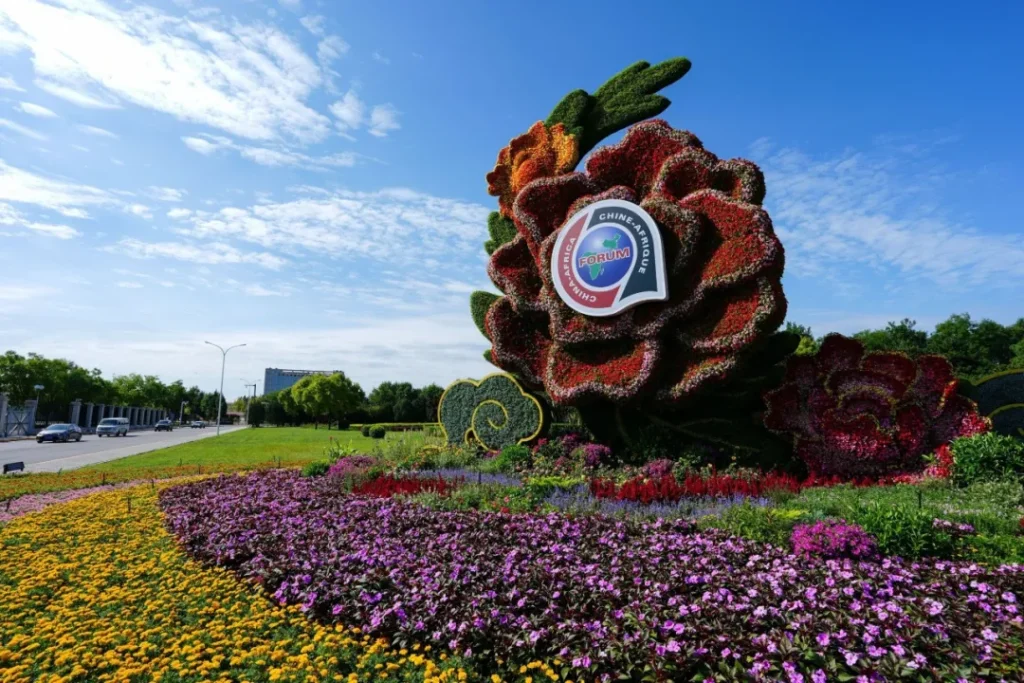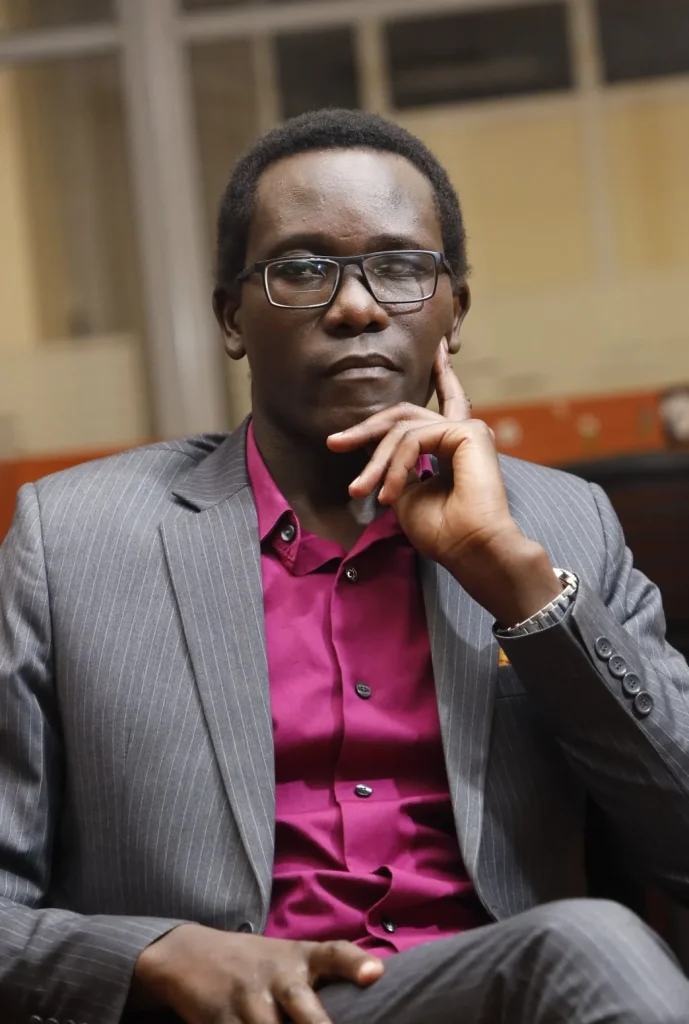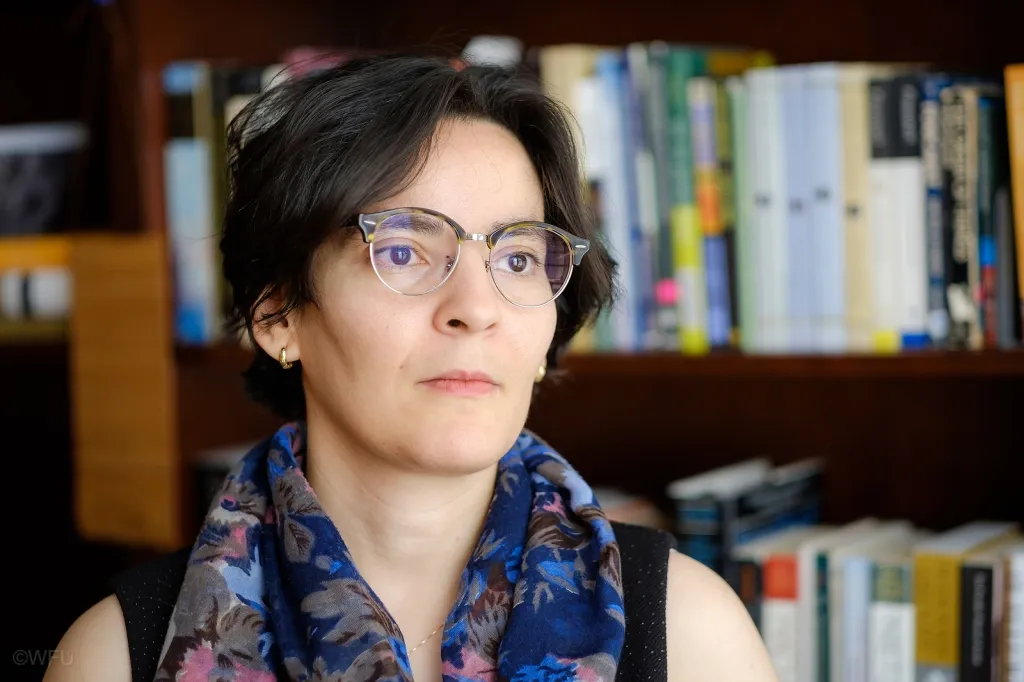The forum took place in Beijing last month, and it has raised expectations that China will take on a more proactive role in tackling the energy challenges faced by the African continent. This reflects the increasing hope that Chinese involvement can lead to significant advancements in addressing Africa’s energy needs and promoting sustainable development across the region.

▲President Xi Jinping announced in his keynote speech, “China is willing to implement 30 clean energy projects in Africa.” Image source: Xinhua / Alamy. From September 4th to 6th, more than 50 African heads of state gathered in Beijing to participate in the Beijing Summit of the Forum on China-Africa Cooperation and the Ninth Ministerial Conference. The Forum on China-Africa Cooperation is held every three years. As usual, this meeting adopted an action plan and a declaration. The action plan covers issues ranging from infrastructure and health to trade and security, reflecting the expanding breadth of Sino-African cooperation. Both sides have always committed to strengthening cooperation on climate change, especially in renewable energy and clean energy, which have been important topics in their relationship since the last forum held in Dakar in 2021. What signals has the Forum on China-Africa Cooperation sent out regarding energy, decarbonization, and ‘green’ industry cooperation? What exciting developments can we expect in this relationship over the next three years? To answer these questions, we interviewed four experts to hear their views.
Fikayo Akeredolu
An Oxford University doctoral candidate in Political Science, specializing in the study of China-Africa relations.

The Beijing Action Plan and President Xi Jinping’s keynote speech indicate that there will be a strategic shift in China-Africa energy cooperation. While the 2021 Dakar Action Plan explicitly mentioned oil and gas exploration, the Beijing Action Plan focuses on renewable energy cooperation, upgrades to coal-fired power plants, and the implementation of “special projects for clean energy supply.” This marks a transition from traditional fossil fuel projects to those based on sustainable energy sources.
As China increases its investment in infrastructure and provides specialized technical knowledge to African countries, we can expect to see more emphasis on renewable energy projects such as solar, wind, and hydropower over the next three years. President Xi Jinping announced in his keynote speech that “China is willing to implement 30 clean energy projects in Africa,” which is a concrete commitment by China to help expand the use of green energy in Africa. These projects may involve various initiatives, ranging from local solar and wind energy projects to regional power grids.
Additionally, as mentioned in the action plan, both sides will explore cooperation in nuclear technology. This provides an opportunity for Africa to diversify its energy mix with a reliable low-carbon alternative, subject to local regulatory environments and political acceptability. Shifting the focus to renewable energy not only strengthens China’s role as a key partner in Africa’s sustainable development but also helps achieve global climate goals. We can anticipate more investments, technology transfers, capacity building efforts, and possibly even pilot nuclear energy projects from China, all of which will enhance energy security and reduce emissions. This strategic shift aligns with China’s international climate commitments and Africa’s energy transition needs.
Eliud Kibii
A Kenyan analyst of foreign affairs and journalist.

Over the 24 years since the first Forum on China-Africa Cooperation (FOCAC), China and African countries have regularly convened to discuss their respective priorities and follow up on commitments made in previous meetings. This year, 53 African countries participated in FOCAC, with the Chairperson of the African Union Commission, Moussa Faki Mahamat, also attending. Although this meeting did not produce a specific declaration on climate change as was done at the previous FOCAC in Dakar, I believe that China and Africa will, and must, continue to strengthen multilateral and bilateral cooperation in mitigating and adapting to climate change, climate financing, and addressing loss and damage.
The premise of FOCAC itself is to support economic and development goals. However, the impacts of climate change on Africa are damaging economic growth, development, agriculture, the blue economy, and health, while also leading to resource conflicts. In the joint declaration, China and African countries committed to supporting the “Global Development Initiative,” which President Xi Jinping proposed in 2021. This multilateral development initiative aims to achieve “stronger, greener, and healthier global development” based on the United Nations Sustainable Development Goals.
The China Eximbank provided financing for Kenya’s Garissa Solar Power Plant, constructed by a Chinese company, with a capacity of 55 MW, making it the largest grid-connected solar power plant in East and Central Africa. I look forward to China continuing such investments and collaborations with other African countries. In the joint declaration, China pledged to support African countries in better utilizing renewable energy and promised to further expand investment in low-emission projects in areas like energy-saving technology, high-tech industries, and green and low-carbon industries.
I also hope for further collaboration through the African Union’s Agenda 2063: The Second Ten-Year Implementation Plan (2024-2033). One of its seven aspirations is to “enhance the resilience of economies and communities against the impacts of climate change.” Notably, the FOCAC joint declaration condemned the EU’s Carbon Border Adjustment Mechanism (CBAM) as an example of unilateralism and protectionism under the guise of combating climate change and environmental protection, stating that such measures infringe upon the sustainable development rights of developing countries. While CBAM negatively affects China’s trade, the President of the African Development Bank warned at last year’s COP28 that it could cost Africa $25 billion annually. The consensus between China and Africa on this unfair treatment provides a platform for cooperation to protect their mutual interests.
Lina Benabdallah
Associate Professor of Politics and International Affairs at Wake Forest University.

“I believe the announcement of establishing 30 clean energy research laboratories deserves attention. Should these laboratories succeed, they would contribute significantly to technology and skill transfer in the clean energy sector—an ongoing topic of discussion between African leaders and their various partners. Cooperation in green energy serves the interests of both China and Africa. We are likely to witness expanded collaboration in green energy fields such as hydropower and wind energy. Additionally, we anticipate increased investments in energy-saving technologies, low-carbon emission projects, solar panel production, and green mineral processing.”